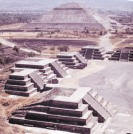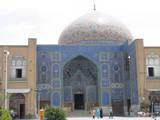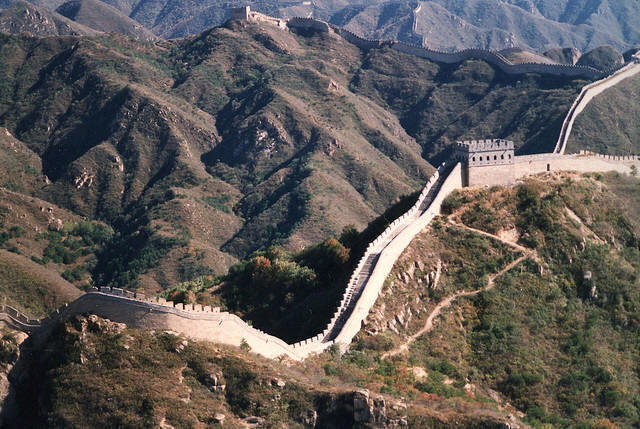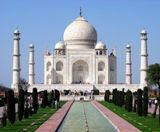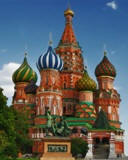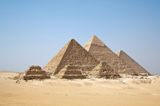Theme
The life of religion or at least the protoreligious is as
long as the traces of humanity itself and through times has
been shaped in multiple religious forms: pharaonic,
Christian, Islamic. This has formed in depth the life of the
multiple peoples of the continent, their cultures and
worldviews.
As its life becomes increasingly more complex and structured
in recent it becomes important for the peoples to engage the
arts of philosophy in order to have a more adequate
self-understanding and more effective and appropriate
organization of economic, social and political life. In
particular it is important to be able to do this in ways
that do not impoverish but enrich the meaning and values of
the lives of the peoples.
Unfortunately much of the philosophy available from outside
of Africa is too individualistic or idealistic to be able to
capture and promote the full richness of the African sense
of meaning and value. This makes the task of developing a
more adequate philosophy for Africa and Africa’s gift to the
world so exciting and promising. This will be the challenge
and opportunity of the present conference for which the
ability to make room for all of life, including Africa’s
religious traditions – natural religious, Christianity and
Islam – serve as bellwether.
Papers are invited on the following and other themes:
1/ relations of philosophy with culture and religion
2/ distinctive characteristics of religions in Africa:
natural, Christian, Islamic and other
3/ the evolution of African philosophy from oral tradition,
to logical argumentation to a hermeneutic of culture, etc.
4/ impact of individualism and liberal theory and Islam on
the African worldview and way of life (NB the title of the
World Congress in Athens 2013 is “Philosophy as Theory and
Way of Life”)
5/ Contributions of Africa to the global dialogue of
civilizations
L0gistics
The conference organizer at the University of Western Cape
will provide room and board for those who will present their
papers during the conference.
Contact
Professor Yasien
Mohamed
Islamic
Studies
University of the Western Cape
Cape Town, South Africa
zaida@mweb.co.za
